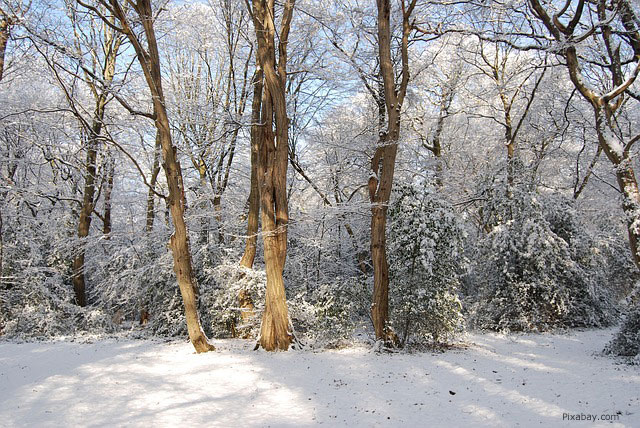 Adjusting to your new home after a long distance move can be both exciting and stressful. It's doubtful you will immediately love everything about your new region--particularly if it is drastically different than your old home. If you are moving to a city in a different climate zone, you may have some trouble getting used to it. Read on for helpful tips to adjust to a climate after you move.
Adjusting to your new home after a long distance move can be both exciting and stressful. It's doubtful you will immediately love everything about your new region--particularly if it is drastically different than your old home. If you are moving to a city in a different climate zone, you may have some trouble getting used to it. Read on for helpful tips to adjust to a climate after you move.
Do your research
Before moving to a new area, it's a good idea to gather as much information as you can about the region. If you have never been there before, find out as much as you can about typical temperatures and weather conditions so you can better prepare. While you may have a general idea of the climate--if you're moving to Colorado, you expect it will be pretty cold--there may be more specific weather quirks of which you're unaware. For example, Denver, Colorado is known as the Mile-High City because it is nearly one mile above sea-level. It takes visitors and new residents some time to acclimate to the altitude, and can cause dizziness and other symptoms.
Budget for new gear
You may need some new clothing, tools, or other gear to adjust to your new climate. If you're moving from Los Angeles to Minnesota in the dead of winter, be prepared to purchase a snow blower, snow tires, and heavily-insulted winter coat (plus boots, gloves, and scarves). If you're moving to Seattle, you might want to get a good umbrella, poncho and rain boots. Factor in the cost of the pricier items especially, so you have enough money in your moving budget to properly adjust.
Donate or sell unnecessary items
If you're leaving New England to move to Florida, you can probably save money and leave your winter coat and snow shovel behind. Sell what you can, and donate the rest before your move. Lightening your load will keep moving costs down, and any revenue made from selling unnecessary weather-related items will increase your funds to purchase essentials for your new climate.
Get locals' opinions
Know anyone that's already living in your new locale? Talk to friends, coworkers, or family that live there or have lived there in the past for some helpful insights. Experienced residents can offer tips for dealing with any extreme or unpleasant weather common to the area--such as hurricanes, tornadoes, blizzards and flooding.
Ask your realtor the right questions
Your realtor should have experience selling homes in your new region, and should be prepared to provide information about owning a house in the area. What types of potentially-damaging weather will you possibly have to deal with? Are the homes you're looking at equipped to handle the weather? Could the pipes freeze? Will the basement flood? If you're looking for homes in Tornado Alley, storm cellars are important. Will you need special insurance for weather-specific damage? Your realtor should be knowledgeable about these issues so he or she can adequately advise you on important weather-related issues while house-hunting.
Focus on the positive
Even if your new city is subject to weather you don't usually enjoy, focusing on any desirable aspects of the change will make your adjustment much easier. If you love the summer heat, moving to Vermont may not thrill you. However, consider new things to try--skiing, snowboarding, sledding, and various other winter sports could become your new favorite pastimes. If you're moving from a place that's warm year-round, you may enjoy the change of seasons. New experiences are the best thing about moving, so remember to keep a sunny outlook even if the weather is chilly and gray.